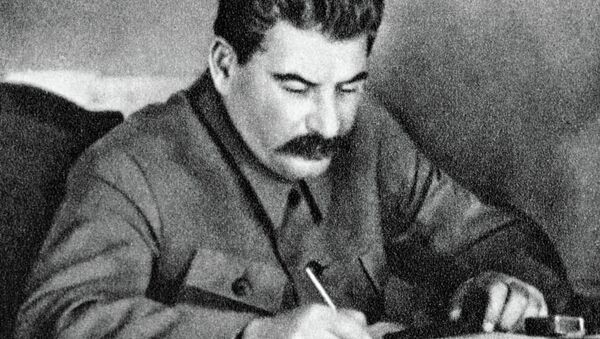UK Prime Minister Boris Johnson has launched a vicious attack on Labour party leader Jeremy Corbyn in an op-ed for The Daily Telegraph.
“When someone gets up at 5am to get their shop ready; when someone risks their savings on an idea or a new product; when someone has the guts to enter a new market – at home or abroad – we don't sneer at them. We cheer for them, because their success is our success…The tragedy of the modern Labour Party is they detest the profit motive so viscerally – and would raise taxes so wantonly – they would destroy the very basis of this country's prosperity. They pretend their hatred is directed only at certain billionaires – and point their fingers at individuals with a relish and vindictiveness not seen since Stalin persecuted the kulaks,” the premier wrote.
Johnson went on to slam Corbyn’s proposal for “yet another” referendum on the UK’s EU membership, which he claimed would result in “another year of misery, and chaos and uncertainty for businesses and for families”.
The Prime Minister also took aim at MPs for producing a “paralysed parliament” in a video message recorded while en route to Buckingham Palace for a “tough” meeting with the Queen.
Speaking in the back of his chauffeur-driven car, he promised to get the UK out of Europe in January 2020 if the public returned a “sensible majority Conservative government”.
“'I’m just off to see Her Majesty the Queen which is always a very tough interview, because she always asks the best questions and the question today is why are we having this election. There is only one reason. I’m afraid that Parliament is paralysed. We have a fantastic Brexit deal but they wouldn't vote it through and what we’re saying to the country is: now is our chance to get a sensible majority Conservative government. Day one, we will put that deal back to Parliament, get it through in a few weeks from December and come out in January,” Johnson said.
Kulaks were independent farmers in the Russian Empire who emerged from the peasantry and became wealthy. During the Russian revolution, the label was used as an epithet for any peasant who resisted handing over their grain to the Bolshevik government. During 1929–1933, Stalin's launched a policy of 'dekulakisation' to collectivise the peasantry, under which government officials seized kulak farms. Vladimir Lenin described them as "bloodsuckers, vampires, plunderers of the people and profiteers, who fatten on famine".



